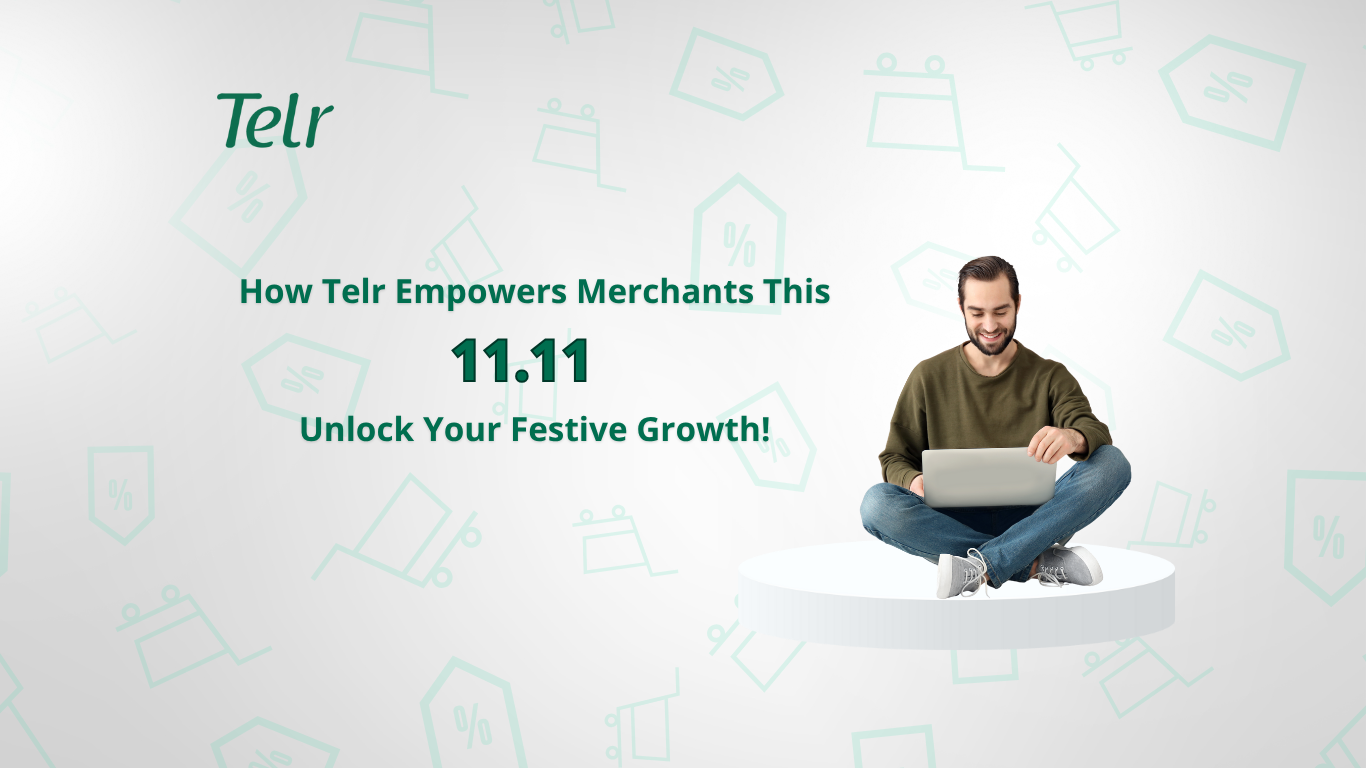
Mobile wallets have greatly benefited from the growing digitalization of payments. The demonetization drive provided an early boon for wallet companies last year, leading to a significant increase in users and transaction volumes. With over one billion mobile connections and six million new connections monthly, the Indian e-wallet industry is poised to reach over $6.6 billion by 2020.
Despite the surge in user base and popularity, the growing trend of consolidations in the e-wallet and payments space is notable. Amazon acquired the online payment gateway Emvantage, Flipkart took over the payments app PhonePe, and Shopclues acquired the mobile wallet Momoe for offline stores. Last year also saw one of the top acquisitions in the FinTech space, with PayU acquiring Citrus Pay for $130 million.
CONSOLIDATION: THE SURVIVAL OF THE RICHEST?
The dynamics have changed since 2016. Drying of source of funds and lack of growth in transactions between merchants and existing customers of the Wallet companies has made the case for consolidation in the mobile wallet space. Consolidation often is also a reflection of investors getting into the driving seat, steering different enterprises to reach breakeven and be profitable. The two entities operating in the same ecosystem- one with perhaps the right customer connect and the other with an advanced technical infrastructure, are better off operating as a single entity.
This way, investors not only get to minimize the costs, but also bring about a change in the business model of the top-level management. It is critical that, right from the beginning, focus is on automating and maintain efficiency of operations rather than allocating money ffor hiring more people.
Most of the mergers and acquisition, especially in the FinTech, ecommerce, hyperlocal marketplaces and logistics segment have been to get newer technology, domain knowledge or talent or access to merchants or repeat consumers. However, at the heart of such deals was the concern of the investors to minimize cash or resource burnout. Hence, the ecosystem today appears to be more in favour of the players that have got the maximum money, instead of standalone entities with unique business model. This approach should raise concerns, because the times ahead are bringing newer challenges for mobile wallets and payments solutions providers.
TOP CHALLENGES FOR E-WALLETS: CASH & ‘UPI + BHIM’
The ubiquitous cash continues to be a popular means of payment, despite the demonetization drive. While initially, different players in the segment registered an upsurge in the utility, the dip was apparent from January onwards, with the cash resuming its flow in the economy.
Digital payments have reached just 10% of Indian users to date. Despite India having over 30 million retail outlets, only one million are equipped for digital payments. The presence of e-wallets and digital payment services remains highly fragmented, mainly limited to urban areas. According to a joint report by Google and KGMP, 68% of Indian SMEs are entirely offline, and only 2% of digitally present SMEs actively engage in online buying or selling.
Regardless to say, transacting in cash is the easiest, especially for people with a lack of technical know-how or electronic equipment. Instead of burning cash for acquiring customers, e-wallets and payment solution providers need to rethink their on-boarding strategies, whilst making digital transactions on their platform easier and more seamless in cash.
The launch of UPI and the BHIM (Bharat Interface for Money) app marks the onset of another era in the digital payments landscape in India. UPI, as an instrument for electronic funds transfer, makes it easier for users to receive or send money simply by putting the mobile number or VPA (Virtual Payment Address). This gives users a much required break from having to enter their net-banking or card details for making payments. Wallet companies utilize customers as data. They make it inconvenient for users to transact, by asking them to share extensive personal information. For any user who is not comfortable saving their bank or card details on a third-party app, UPI is the fastest means for transferring money.
Although e-wallets boast impressive numbers, the BHIM app is quickly gaining traction. Within just 10 days of its launch, the UPI-based app achieved 10 million downloads and facilitated over two million transactions. With its interoperability and seamless experience, UPI and the BHIM app are prompting e-wallet providers to reconsider their business models and strategies.
TIPPING POINT FOR E-WALLETS TO CONSIDER OVERHAULS
One significant flaw in the business model adopted by mobile wallet players in the past was offering cash-backs for consumers to transact. The advent of a number of Government initiatives makes it impossible for e-wallets to exist as a standalone more. While one can certainly not deny the attention and activity attracted by mobile wallet space today, until and unless the leading players rethink their models, e-wallets will be haunted by the impending fear of running out of business.
The mobile wallet companies may either build or partner to gain access to a technically advanced and secured payment platform. This can help them move ahead of the offering of online banking as a payment method to pay online. If you as an individual consumer pay online by using internet banking, you still face challenges of buyer experience. Additionally, online sellers still face the challenge of not being able to offer all banks as options to their buyers. With UPI launched, we expect to see these challenges being addressed in the next 12 months.
Mobile wallet companies must provide a superior buyer experience, ensure a secure online payment platform, and allow unrestricted money transfers between wallets owned by different providers. They should also integrate seamlessly with the few online payment aggregators in India. Otherwise, their business models will face significant challenges due to existing fragmentation in the economy. For example, Flipkart had to shut down PayZippy, which was launched in July 2013.
Mobile wallet companies might seek to expand beyond their core services by offering additional features. For example, Paytm now provides a wide array of m-commerce services. Offline connections have become a key area for mobile wallet players to broaden their platform's reach. Besides m-commerce, e-wallet providers like MobiKwik have explored areas such as hyper-local transactions, cash pick-up, and micro-credit facilities. While the success of these ventures is uncertain, diversifying into related services appears to be a promising strategy.
I believe the social messaging platforms will enable revolution in two ways by 2020, one way image and voice will become more dominating form of communication and the other way is that social media and mobile phones will drive conversion of social conversations to business conversation and online payment. Can mobile wallet companies have a bigger role to play in this revolution?
Recent Posts

10 Secrets Top Merchants Use to Win Ramadan & Eid from Telr

.png)


.png)
.png)








